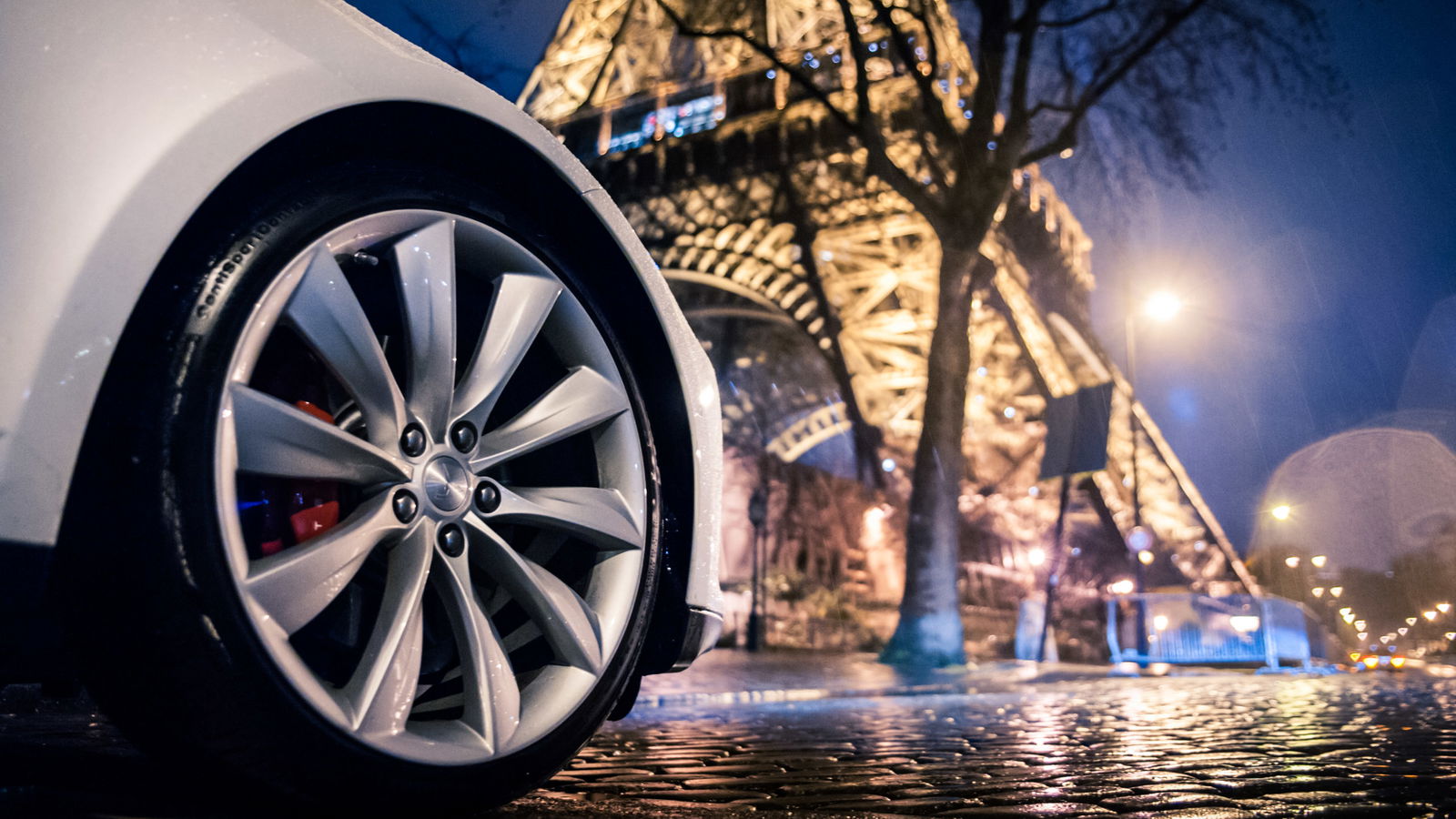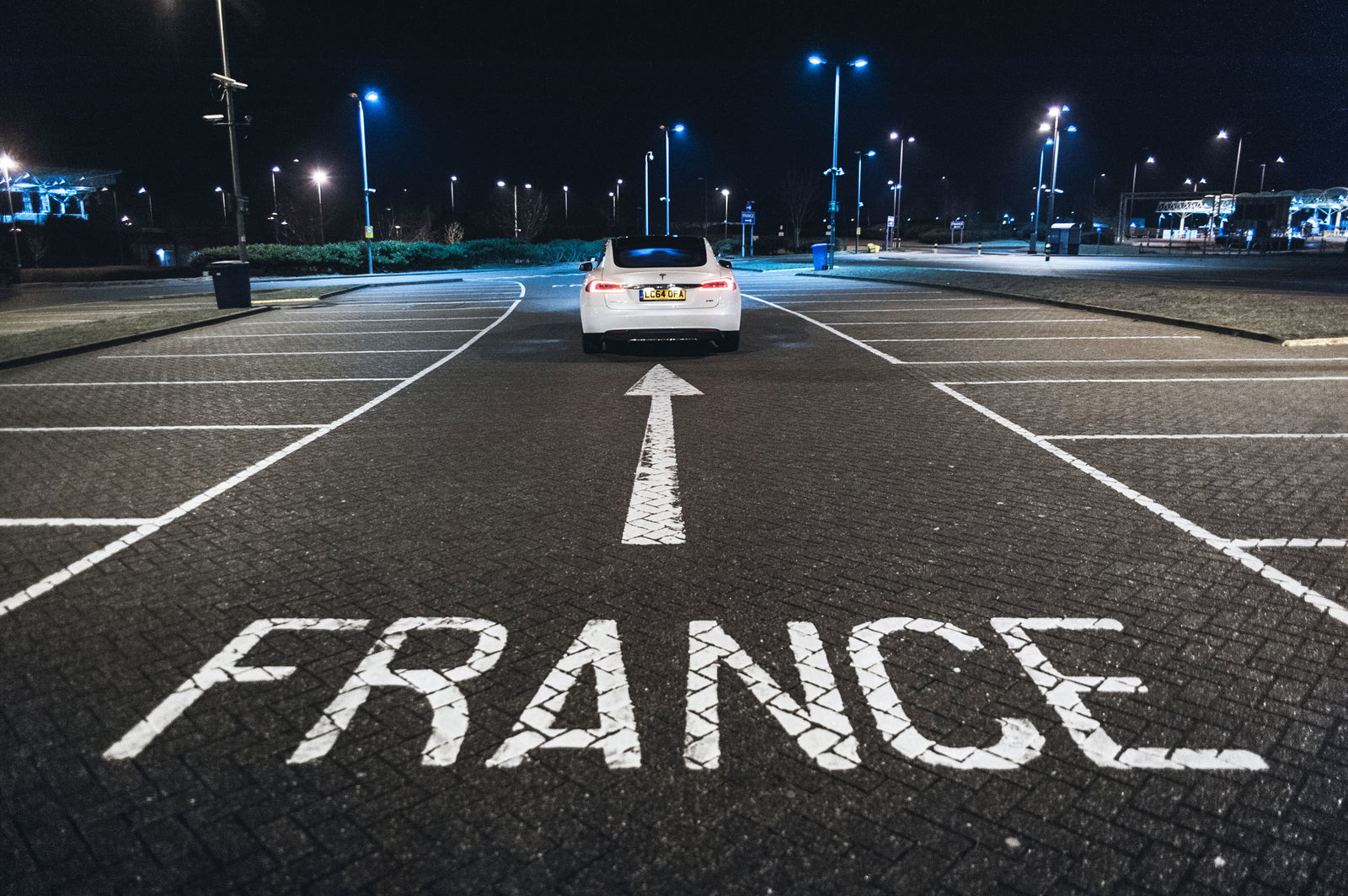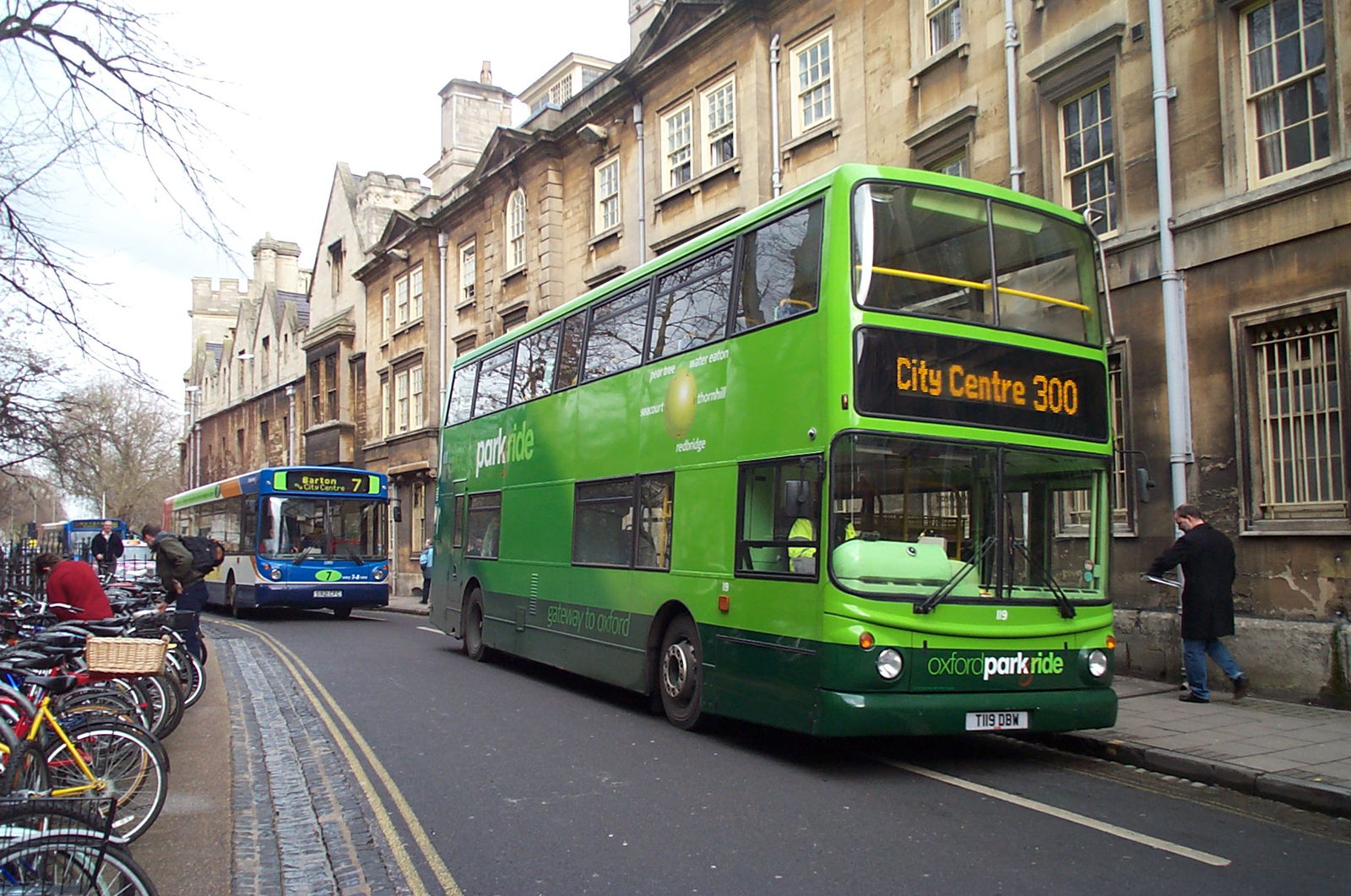The Latest Internal Combustion Bans Are So Badly Thought Out It's Hilarious

We couldn’t ignore the strength of feeling among you guys surrounding this week’s two new bans on internal combustion; in Paris and Oxford. The authorities have clearly struck a nerve, whether you live in these two cities or not.
We don’t, luckily. No CT staff members live in either of them, and we’re pretty sure we’re not suddenly going to decide that moving there looks like a great plan. But before cities closer to us get the same idea, we’d like to have our say.

Both of these bans are rash, low on detail and potentially counter-productive. Let’s start with the Paris one. All internal combustion-engined cars will be banned from setting a single tyre inside set boundaries somewhere in the city’s outer reaches. What they haven’t specified is whether hybrids will be allowed or not; a fundamental oversight in any such plans. Someone will probably remind them soon, but for now it’s just evidence of how little thought has gone into it.
Let’s also look at the start date: 2030. It’s a nice, round number and a neat 10-year wedge ahead of the France-wide ban on new internal combustion-engined car sales. It’s a little too neat, if you ask me. Why 2030? Why not 2031, or 2033? This number was chosen for no good, research-backed reason: it just looks neat on paper.

There have been no talks with the industry to estimate a practical switch-over year when EVs will be sustainable. No talks with infrastructure builders to make sure 2030 is an achievable deadline to have hundreds of thousands of charging points installed. No talks to make sure energy supplies will be readily on tap to feed the ravenous electricity monster.
It’s just a nice, neat number plucked out of the Parisian authorities’ backsides, disregarding the 50 per cent or so of Parisians who still have a car – almost all of which are petrol or diesel. This is legislation that hasn’t been thought out. They’ve just gone and done it anyway.
Now let’s look at Oxford. As one of the least car-friendly built-up areas I’ve ever had the misfortune to drive through (along with Paris), the only surprise in its gradual banning of anything with an engine is that Brighton, with its Green Party MP, didn’t get there first. But the timing, again, shows how little thought has actually gone into it.

2020 is another neat number; the next neat year on the calendar. ‘Great for marketing soundbites!’ they probably thought, forgetting that 2020 is only just over two years away. That simply isn’t enough time for residents, local companies and visitors to adjust. In 26 and a half months’ time streets will start being closed to anything burning fossil fuels.
There won’t be bollards; there’ll just be big fines for anyone who breaks the rules. To avoid these roads, more traffic will be forced onto fewer roads, making the jams – and the pollution concentration – even worse. Local emissions on the EV-only streets will surely plummet, but if they double on the neighbouring roads, what was the point?
Oxford residents have no doubt bought new, efficient diesels this year on three-year finance deals. Now they’re being told that in the last year of their deals their car is going to be barred from parts of the city they live in. Stunning work, Oxford City Council. And how, exactly, is a delivery van supposed to get packages to streets affected by the ban? Renault Kangoo Z.E.s and Nissan e-NV200s aren’t exactly the match of a Mercedes Sprinter when it comes to multi-drop deliveries.

Do these swivel-eyed fantasists expect not just the postal companies to replace entire van fleets, but manufacturers to research, develop, perfect and bring to market affordable, large, long-range electric vans, all inside two years?
This is obvious stuff that we thought of within seconds of learning about the ban, but there’s no hint from the authorities that this sort of thing has occurred to them at all, yet. From public servants we should expect better. We just never seem to get it.

Comments
There are at least 10 alternative fuels on the streets right now, producing less polution, electrecity is not really “fuel efficient” by any means… I mean its better to change the fuel, if the vehicle is compatible than ban entirely the vehicle.. its an extreme measure and i dont think the drivers will tolerate it
When they just jealous of car guys……
Matt, at first I was going to question why you posted those two despair-news-wannabe articles in the first place; that is until you posted this article showing how ridiculously bad those two counter-productive countries are becoming.
Where are you? I want to give you a freacking hug right now.
I feel bad for those cities, but the easiest way to figure out a correctly working solution is to use a city as a ginuea pig for the whole idea. And from where im sitting, Oxford looks a great place to start. For one, its halfway across the world from my cars 🤣
Oh yes, the infrastructure issues and the rules that must be enforced are going to be a hit and a half. Like said, 2, even 10 years isn’t quite enough to roll that many charge ports out. It’s an ambitious idea, a good one sure, but this sort of deal takes quite some time.
Besides, won’t they lose money on the massive infrastructure improvements at this speed?
What if electricity is knocked out? Surely, gas vehicles will have to be used then. (Unless they hook up charge ports to generators, which use gasoline/diesel)
All im gonna say is that I dont want to see a day where modified teslas are a thing
To accomodate electric cars you need to build Nuclear powerplants. Those plants are dangerous and a real threat. France already has more than 50 plants. The elegance from fueled cars is that the power generation is at location rather than centralized. Hence far more reliable. A crisis situation with a power outing would render all electric cars useless.
Pagination